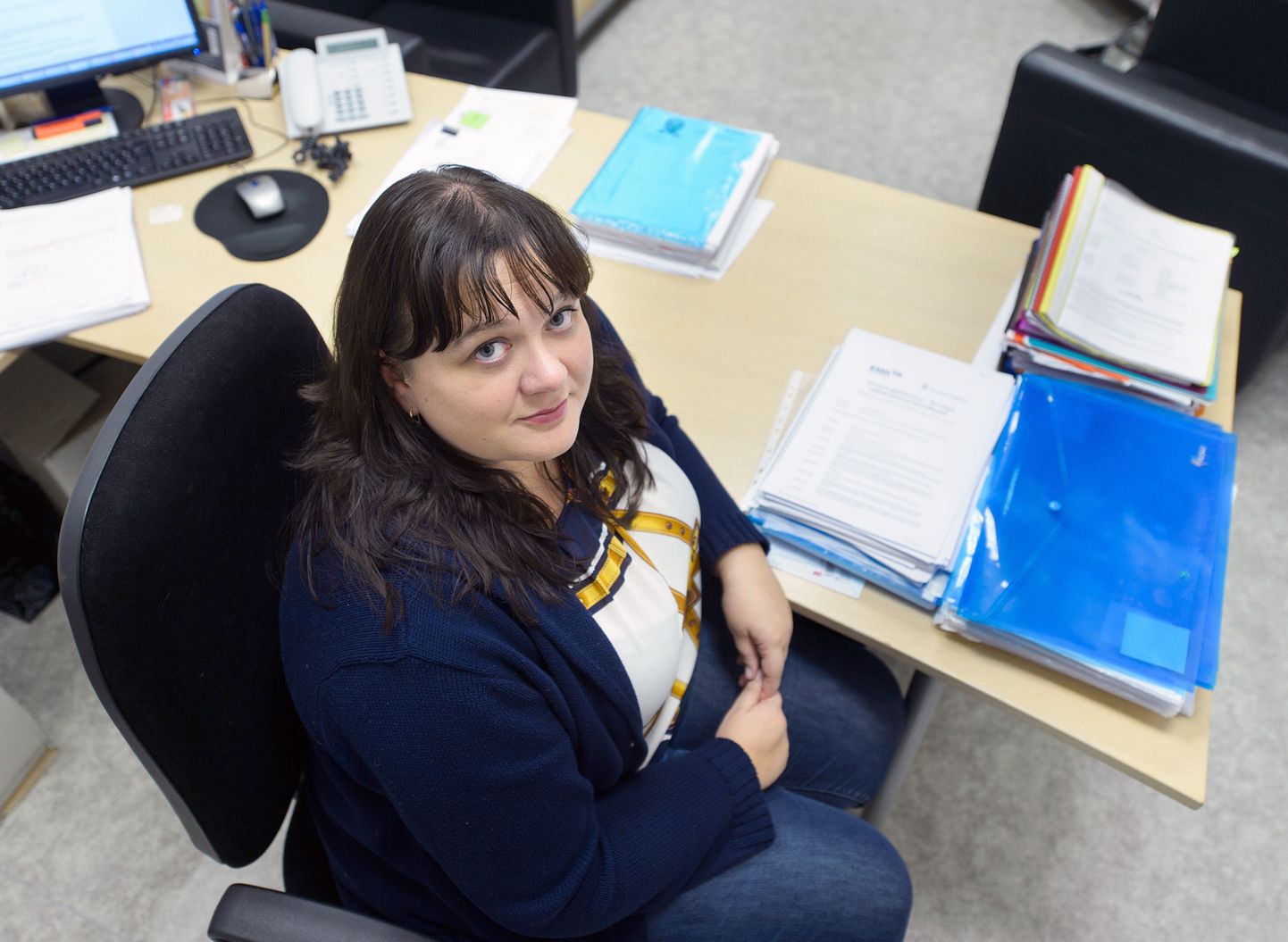During ten months of this year, 133 foreigners have been placed in Harku Detention Centre, half of whom have also applied for asylum. During the same period of time, a total of 208 asylum applications were filed. Meanwhile, 71 were granted international protection.
For many, hopes are disappointed – after months of waiting behind barbed wire, or at liberty, most are sent back.
All these people are trying, some more some less, to learn about our culture and the language. Increasingly, people we would never imagine would know anything of the tiny and faraway Estonia have memories and opinions about us.
In Interview, PPA foreigners department head Liis Valk is explaining why lion’s share gets sent back home.
-In ten months, 133 foreigners have been placed in Harku. Is that a small or a big number?
At the moment, this is the largest number historically. The number is also up because the law amendment in 2013 pursuant to which those applying for asylum can now be apprehended as well.
Estonia’s peculiarity is that here those to be expelled and those applying for protection share the same establishment. For the most part, the establishments are separate and under various ministries. Considering the smallness of Estonia, it has been concluded that this would not make economic sense.

/nginx/o/2017/01/27/6287643t1hc88d.jpg)